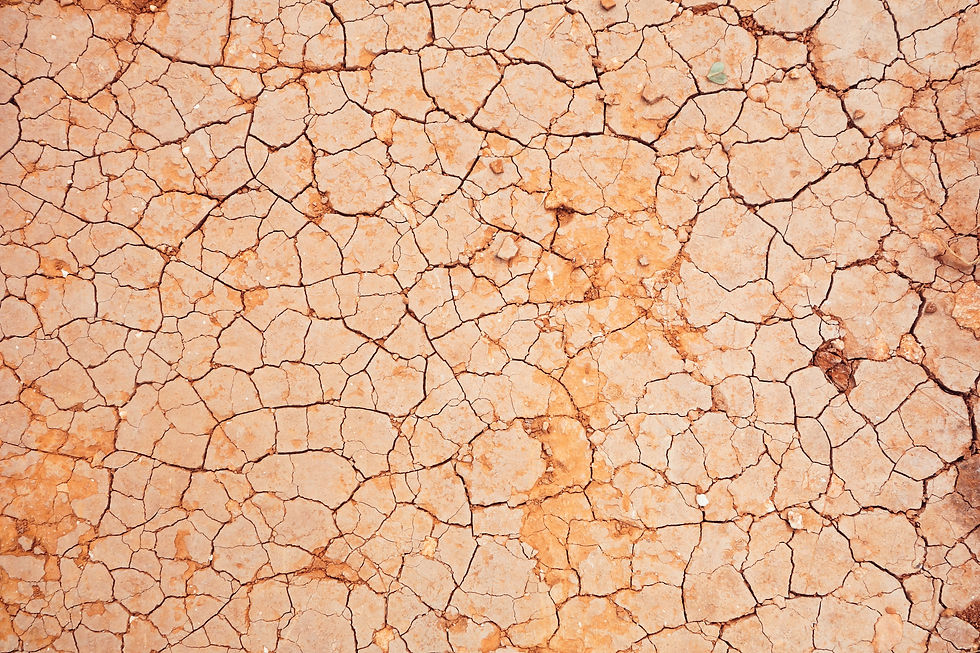A call for the Indigenization of higher education in Canada
- brittneyborowiec
- Sep 6, 2021
- 2 min read
By: Alicia Halhed, University of Guelph

I have privilege. I want to help. I don’t know how.
I am thankful for the family into which I was born. They gifted me with financial freedom and passed on a skin tone that shields me from discrimination. They also taught me to speak both national languages of Canada. Some Indigenous languages in Canada are endangered due to discriminatory practices by settlers. Indigenous people living in Canadian cities are more likely to be poor.
I am thankful for being Canadian. I am not prosecuted for who I choose to love and have access to universal healthcare that has kept me alive. I received over a decade of free, enriching education as a child. Residential schools were a place of suffering where Indigenous children went to receive poor education and negligible healthcare. While progress has been made, long term drinking water advisories still exist in over 50 Indigenous communities.
I am thankful for having access to higher education. I have acquired many desirable “western” science skills. I have been pursuing graduate studies to gain more skills. I have a passion for solving the problems my science education has supposedly prepared me for. Indigenous knowledge has long been recognized as being valuable to “western” science, yet is still not commonplace in science curricula. While more than half of Canadians (54%) have a university or college degree, far few Indigenous individuals have a university (10.9%) or college (23%) education.
As an undergraduate student at Trent University, I was lucky to have had the opportunity to participate in programming led by Trent’s First Peoples House of Learning. The programs were made widely available to all students during student orientation sessions, campus staff training seminars, and cultural events throughout the academic year, but never during my academic coursework.
Trent University introduced an Indigenous Credit Requirement (ICR) for all incoming students when I was enrolled in my final year of studies. To meet the ICR, all new students had to complete an approved course covering indigenous content to graduate. I wish I could have participated in the ICR. My degree plan couldn’t fit it in.
My undergraduate degree was in forensic science with a minor in biology. I learned about using science to solve legal problems. But never did I learn about Indigenous science or governance, even though indigenous adults are overrepresented in Canadian incarcerations. I wish my forensic science training prepared me for solving the crimes against Indigenous people in a culturally meaningful way.
As I continue my university education at the University of Guelph, I now recognize the importance of strong leadership in solving institutional problems. There are challenges facing Canadian society today, especially in Indigenous reconciliation, that need systemic change.
Even after six years of training as a university science student, the educational system has left me unprepared to contribute to the systemic change.
I have privilege. I want to help. I don’t know how.
Edited by participants of the 2021 Science Writing Internship program and B.G. Borowiec. Header photo from Wikimedia Commons.



Comments